With a copy of “Making the Case for Israel” under one arm and a blue solidarity bracelet on my wrist, I first entered The Media Line’s (TML) Jerusalem bureau seeking an outlet for my pro-Israel passion. I had spent the first part of the summer studying Hebrew, and was looking to round out the remaining weeks working an internship that would allow me to hone my Israel advocacy skills before returning to Los Angeles.
It was unlikely then that I would connect with TML at all, since it is distinctly not an advocacy organization. But I decided to seek an interview with them, and they decided to talk to me, a 22-year-old UCLA graduate with a communications degree.
There I was, speaking with TML founder Felice Friedson, who was challenging my devotion to Israel — at least when it comes to being a journalist. I had never stopped to consider it from Felice’s perspective before, but it made sense: “One cannot be a journalist and an advocate,” she insisted.
Felice explained convincingly that it’s not the role of a journalist to make a case, but rather to present the facts. A true advocate, she continued, must believe that objective listeners, viewers or readers — hearing all the facts — will come to a like understanding. But if you twist, spin, tweak or hold back, the discerning person wants to know what you’re hiding and why you’re hiding it. And then you’ve lost him or her.
What I learned that afternoon made sense, so much so that I agreed to return to TML — an accredited news bureau, working in radio, television, Internet (www.themedialine.org) and print. — as an intern.
From its state-of-the-art Jerusalem facility, it produces and distributes “The International News Hour,” a daily radio program carried by the USA Radio Network; its weekend radio program, “Mideast Sunday”; television content that reaches across America through more than 300 stations; and articles for newspapers and magazines. Its amazingly dedicated staff is multilingual, speaking and writing in the languages of the region.
It has become, in effect, the Jerusalem bureau for many Southern California radio and television affiliates. They say all roads lead to home: As if to illustrate the point, TML provided live, on-air reports for Doug McIntyre’s morning program on KABC radio in Los Angeles every day during my first week there.
Being on the inside, I was able to witness the importance TML attaches to telling the entire story, despite the intense pace. This news service focuses on context, background and perspective.
Within days of my arrival, I had not only met senior officials of the government of Israel, but an official of the Palestinian Legislative Council, as well. I quickly found my greatest fear melting away. Felice’s discourse had left me wondering whether all that scrutiny of Israel would chip away at my passion for the Jewish state.
Ultimately, a willingness to see the faults of Israel with open eyes made the country’s extraordinary qualities also stand out, and made Israel’s survival seem more incredible and entirely worthwhile. Meeting close up with players on both sides of this very real and very scary drama moves the conflict to a level far above the platitudes we reflexively draw upon when describing Israel and the Palestinians.
TML founders, Felice and Michael Friedson, really put their principles to the test when they saw an opportunity to bring Israeli and Palestinian journalists together — as professionals covering two sides of a single conflict. That is why they created the Mideast Press Club.
More than 60 journalists turned out for the inaugural session of the Mideast Press Club at Jerusalem’s American Colony Hotel last March. The kickoff featured heads of Israeli and Palestinian television leading a discussion of “Covering the Other Side of the Story.” Breakout sessions for specific disciplines followed.
At the end of June, more than 100 Israeli and Palestinian journalists returned to the American Colony for what proved to be a decisive event in the Mideast Press Club’s young history. Former Israeli Shin Bet intelligence head Ami Ayalon and Palestinian security chief Jibril Rajoub led the discussion on how each side could help the other in covering the Gaza pullout. A working luncheon saw Israeli and Palestinian professionals interacting as never before.
Just a few weeks ago, the Mideast Press Club brought senior writers and editors from the Israeli newspapers to the Palestinian Legislative Council (PLC) complex in Ramallah, where they joined up with senior editors of the major Palestinian print media in a session hosted by Mahmoud Labadi, PLC’s director general. More than two hours of candid, blunt, gloves-off discussion ensued. The response from participants was overwhelming.
Because of TML’s trustworthiness, credibility and inclusivity, its articles and television content are now replacing — at least in part — newspaper inches and television minutes that have more typically featured anti-Israel incitement in the Palestinian media. Felice recently had her first byline in Al Quds, the largest Palestinian newspaper. For many Palestinians, these articles and television segments are the first media glimpses of nondemonized Israelis to which they’ve been exposed.
This was not the internship I had expected. I had not, as it turned out, cocooned myself in an exercise of passion for Israel. I had done something better. I learned that truth — the whole truth — and credibility are more powerful than hype and promotion.
As Felice had counseled, it’s a matter of trust.
Felice and Michael Friedson, will be appearing in Los Angeles Sept. 12-14. For information, e-mail editor@themedialine.org or Rona Ram, ronaram@gmail.com.
Rona Ram, a recent communications graduate from UCLA, is an intern for The Media Line.












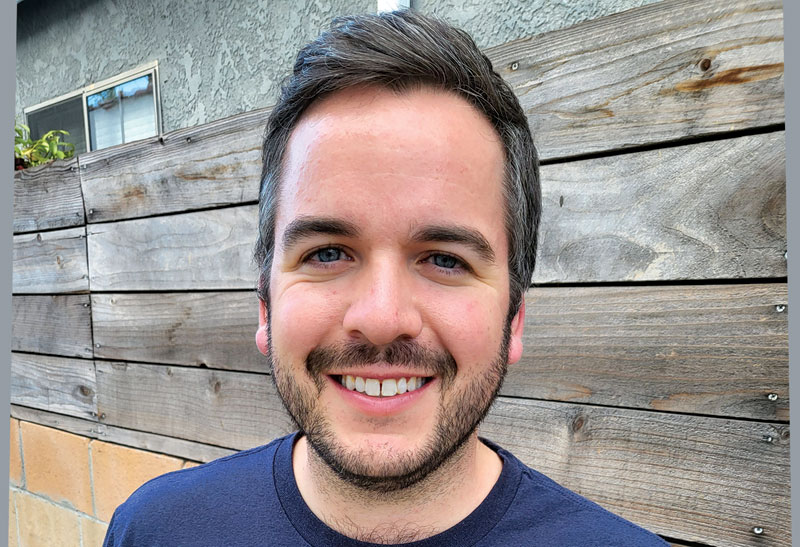
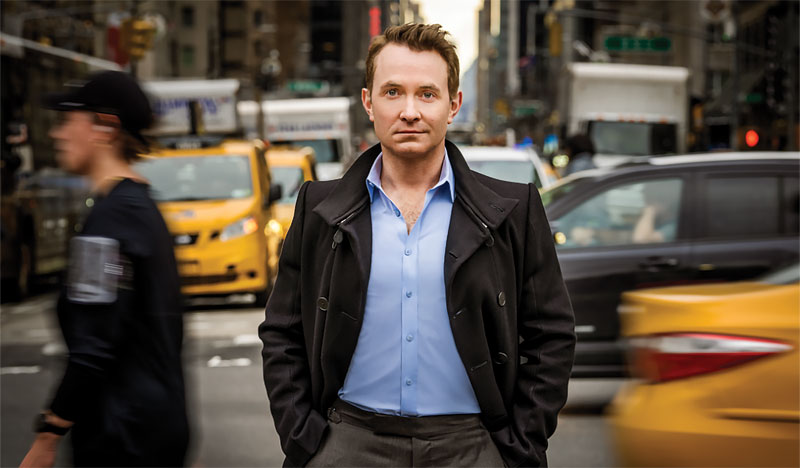
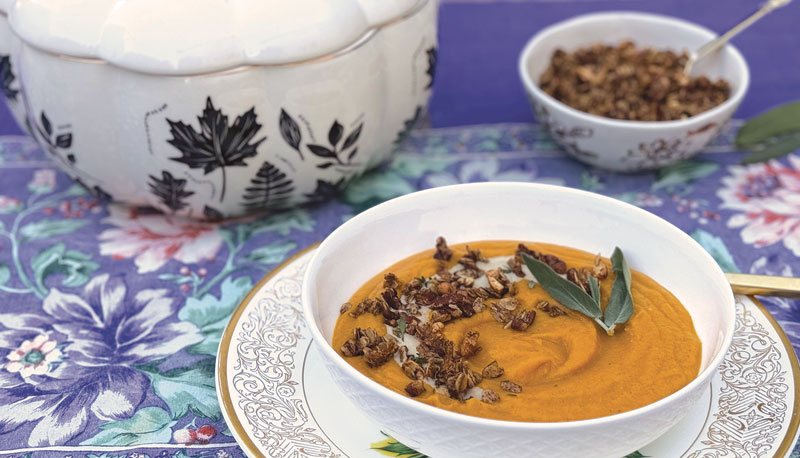
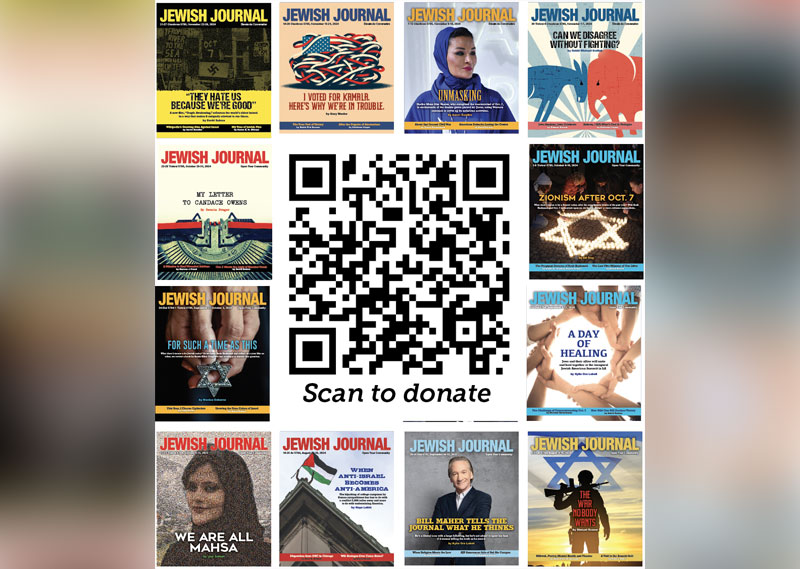
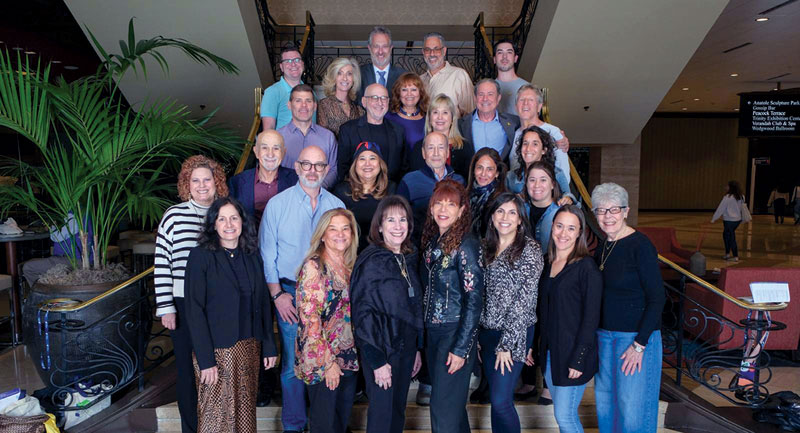





 More news and opinions than at a Shabbat dinner, right in your inbox.
More news and opinions than at a Shabbat dinner, right in your inbox.